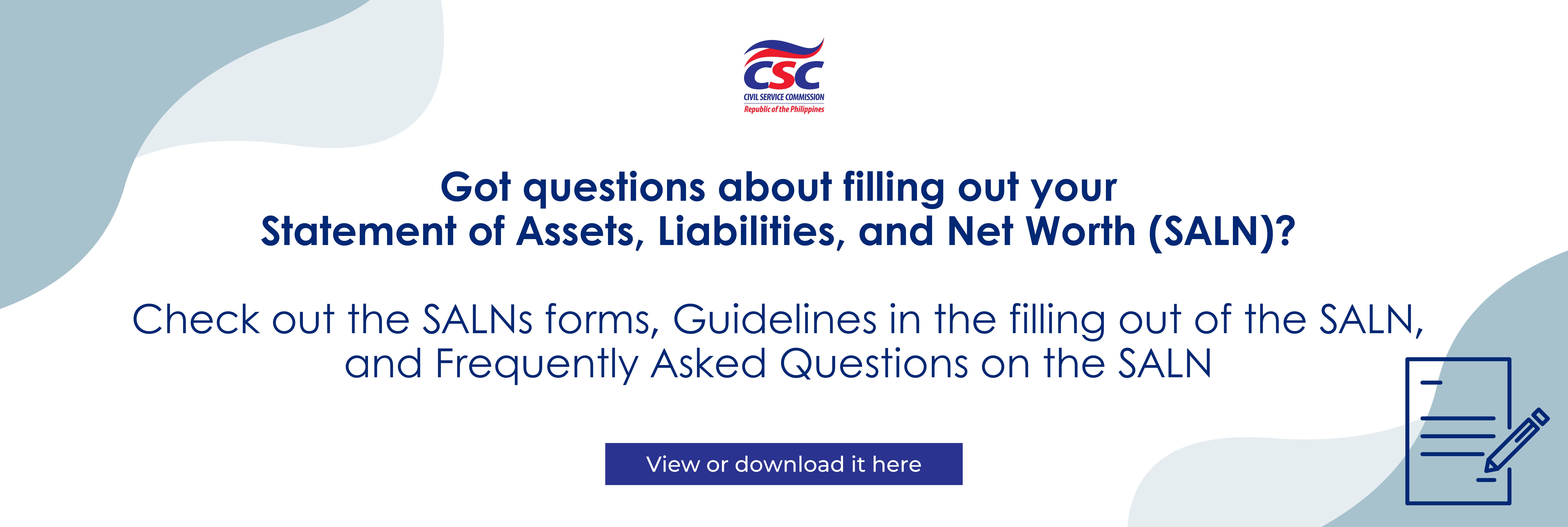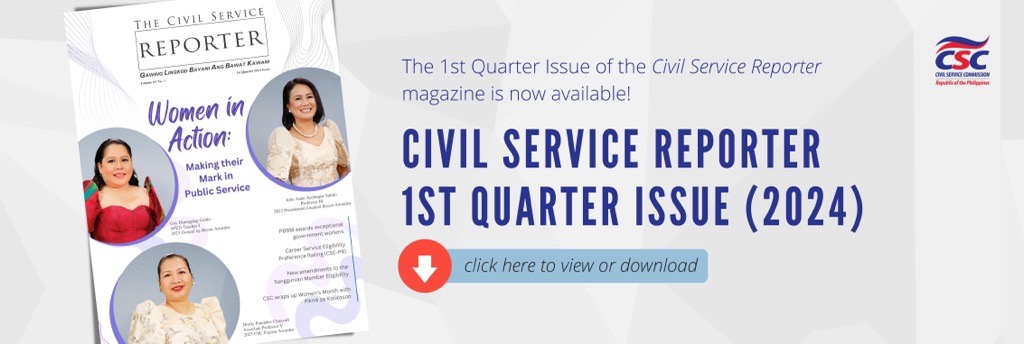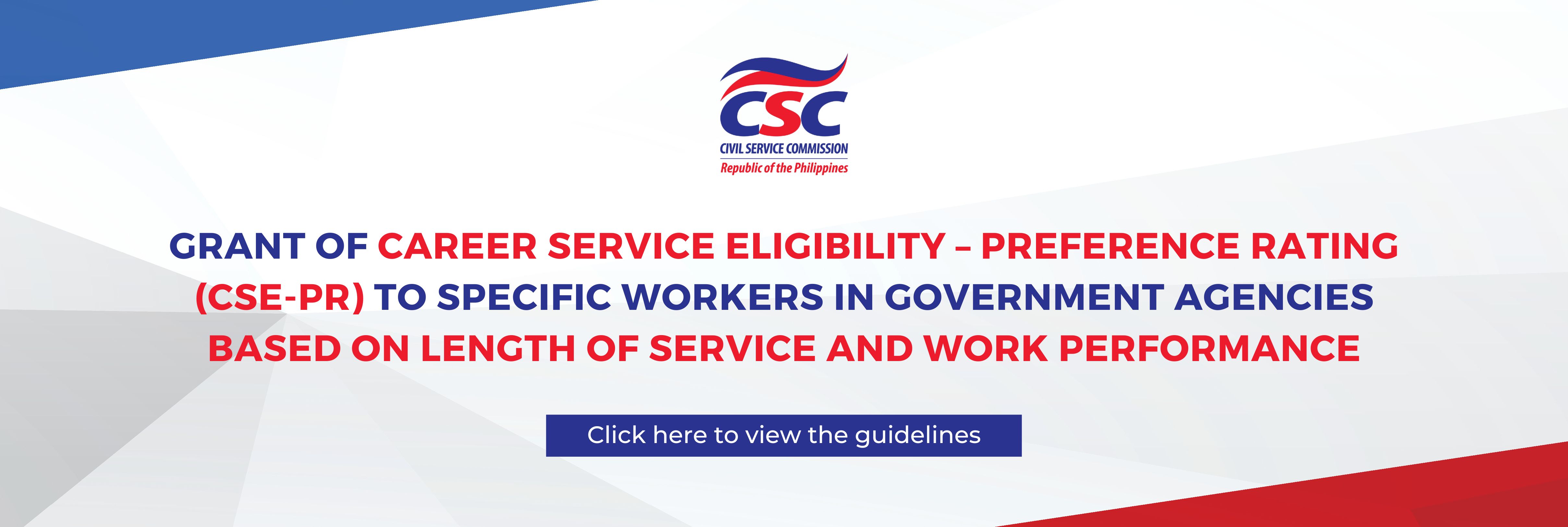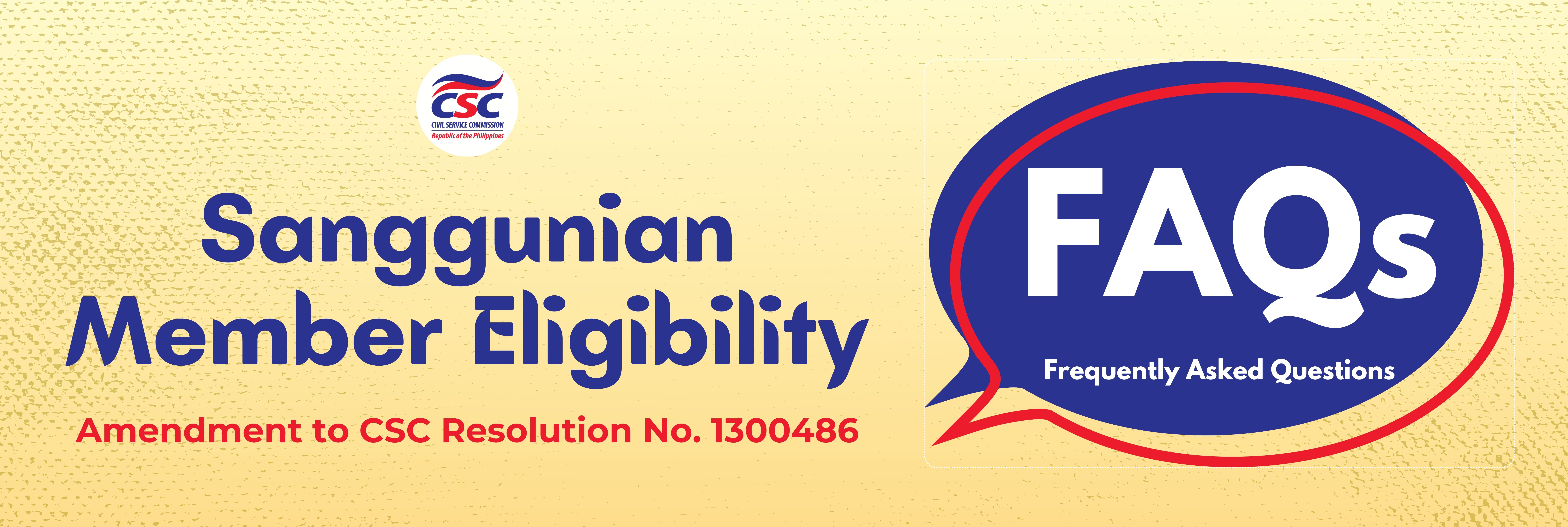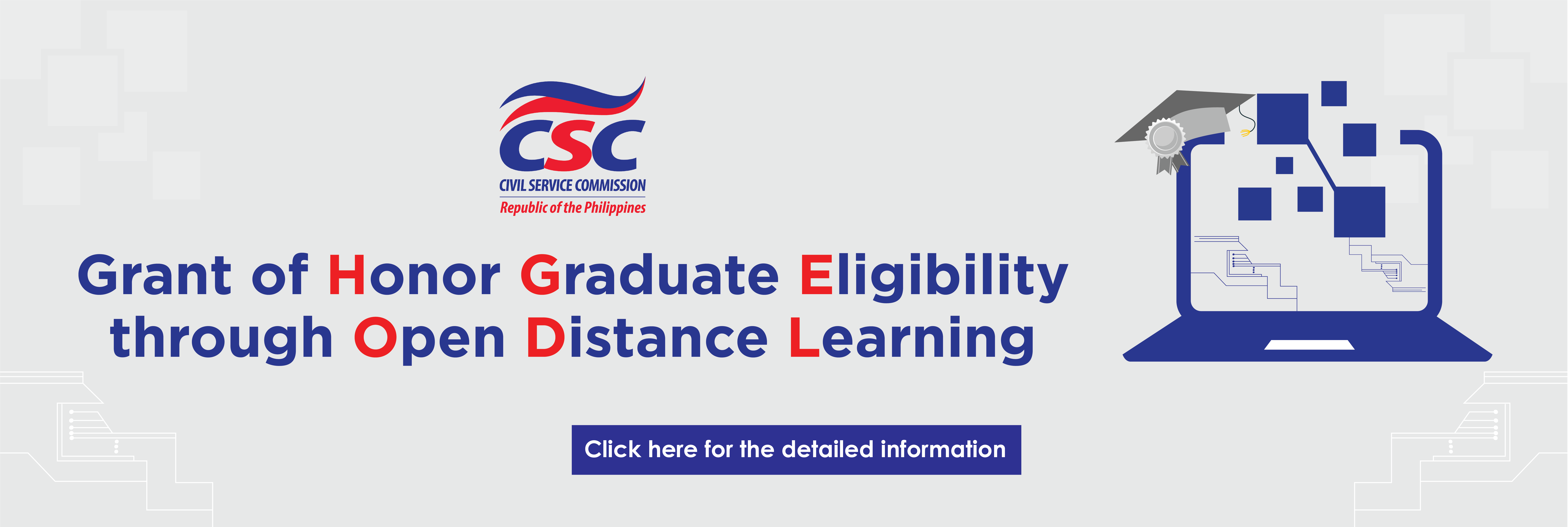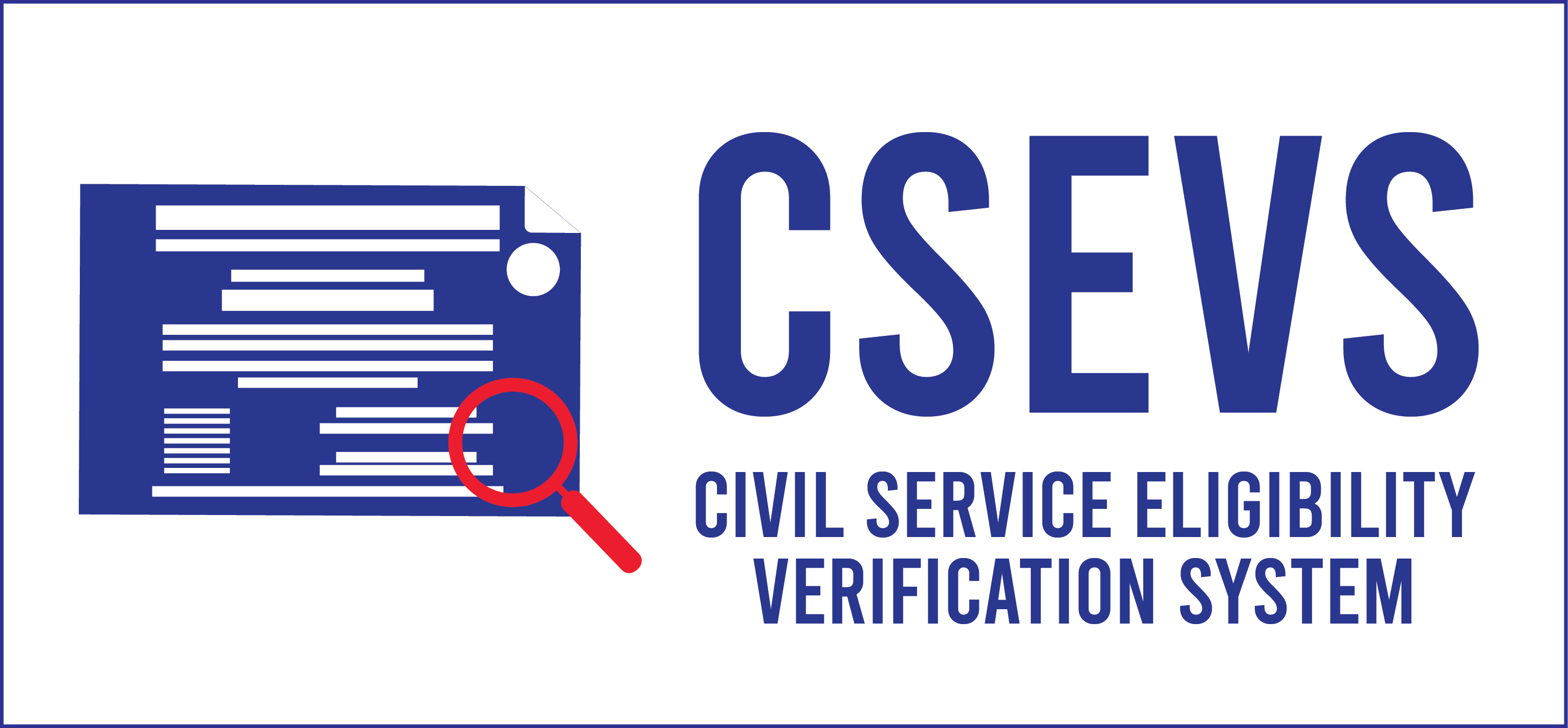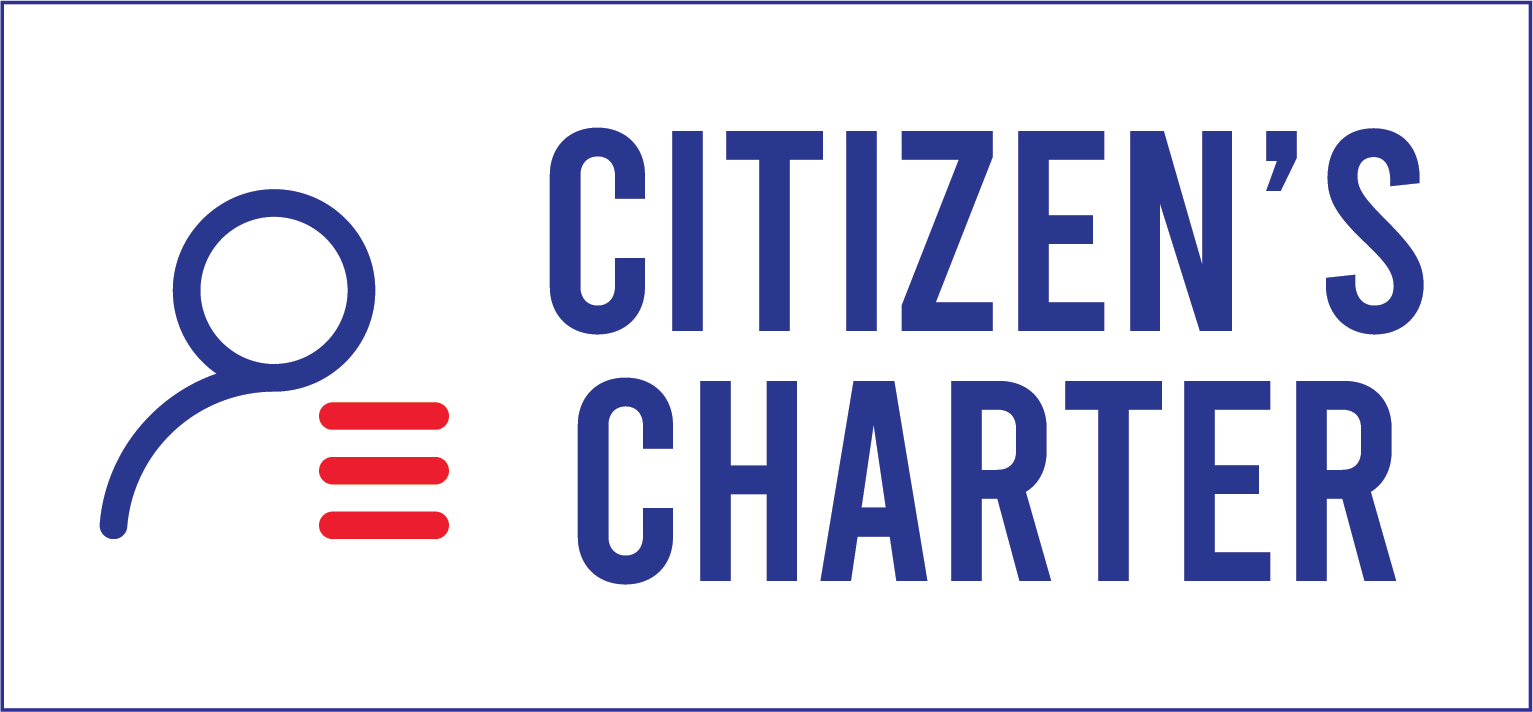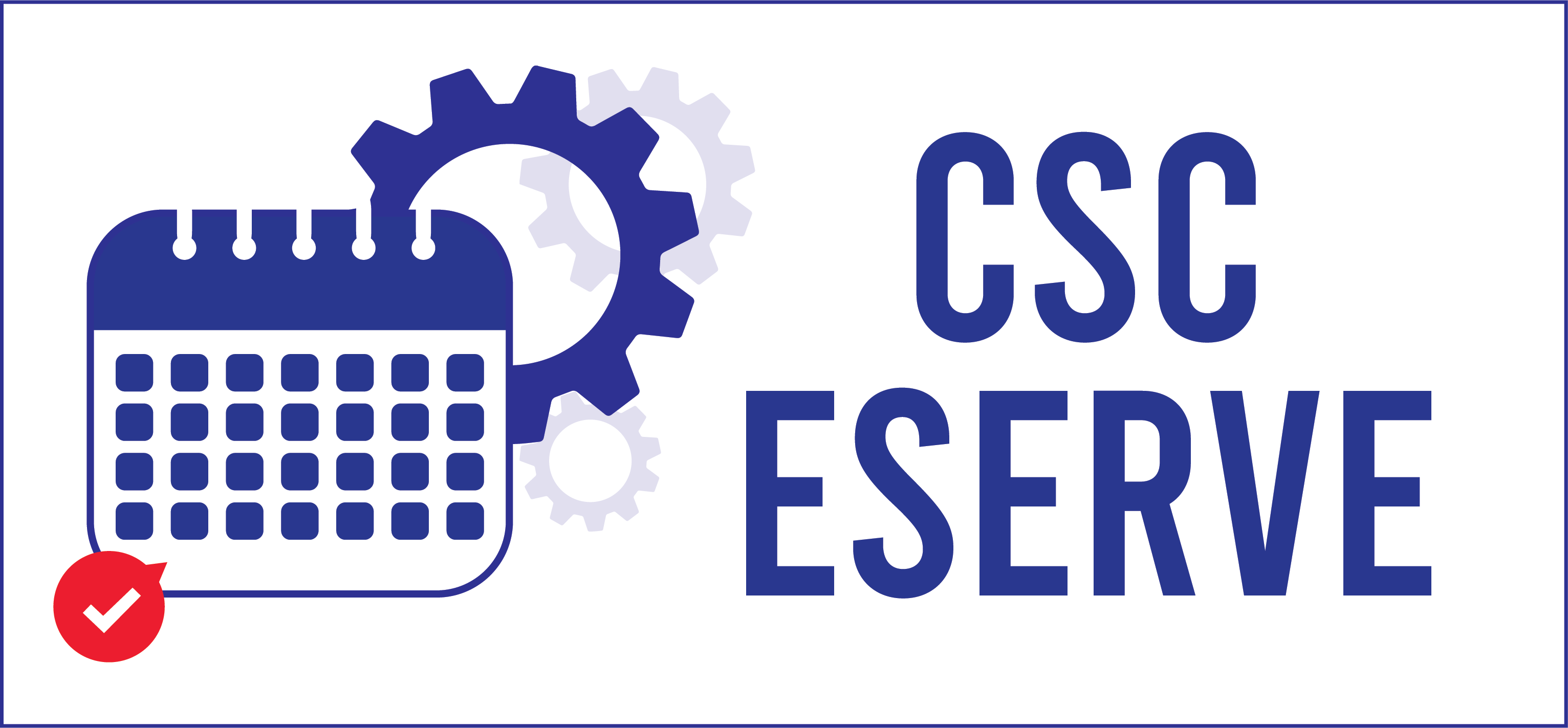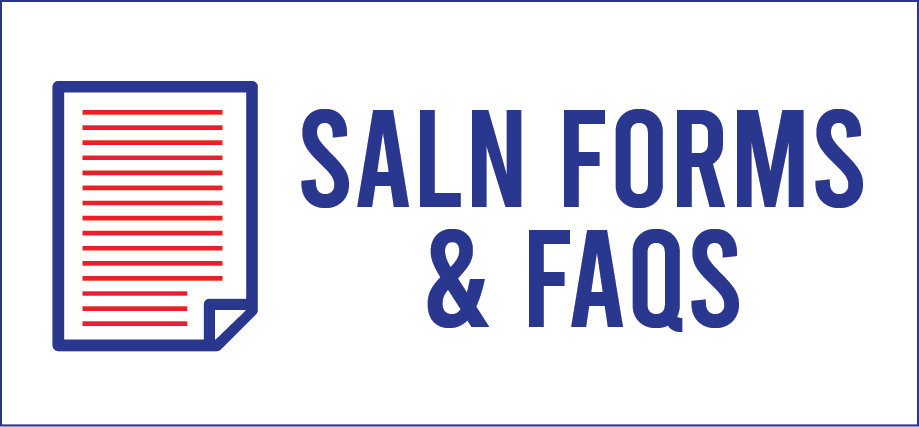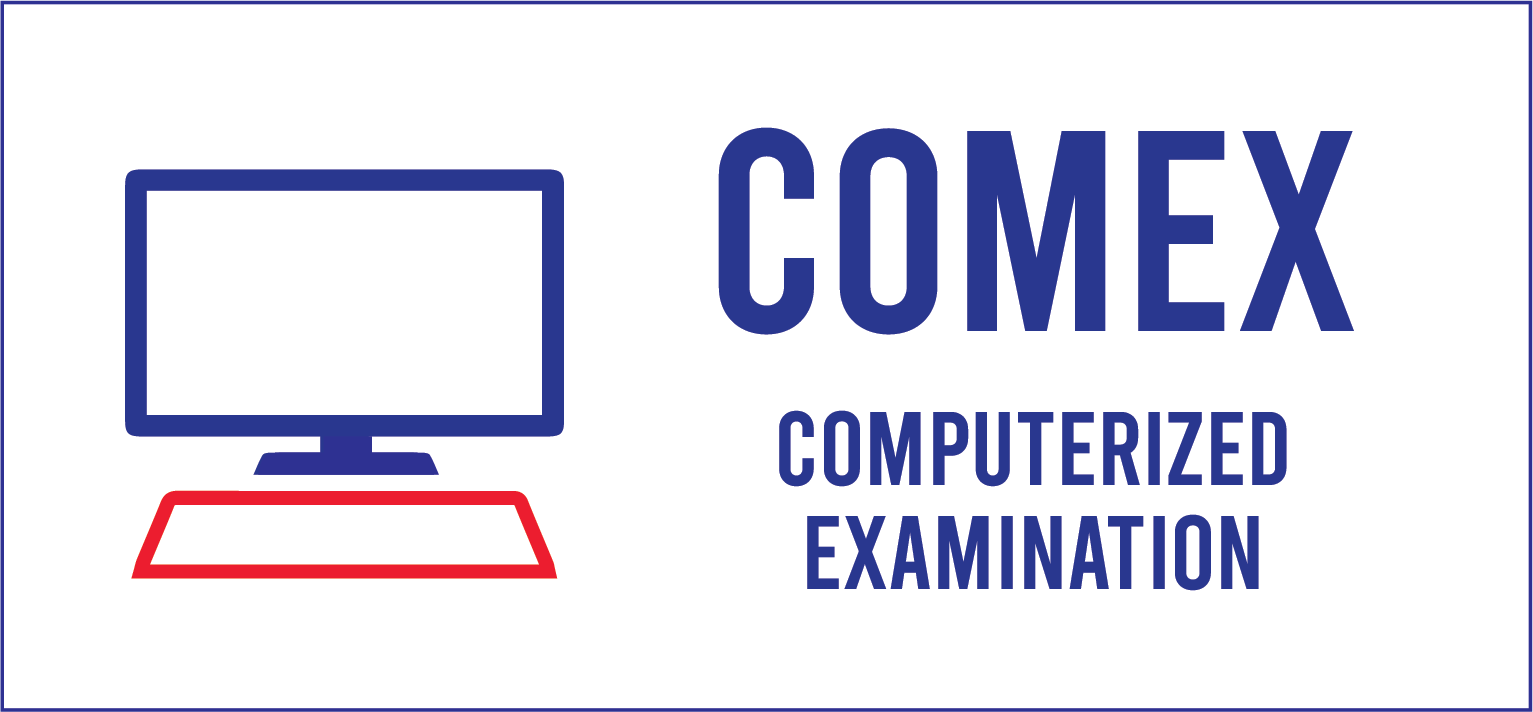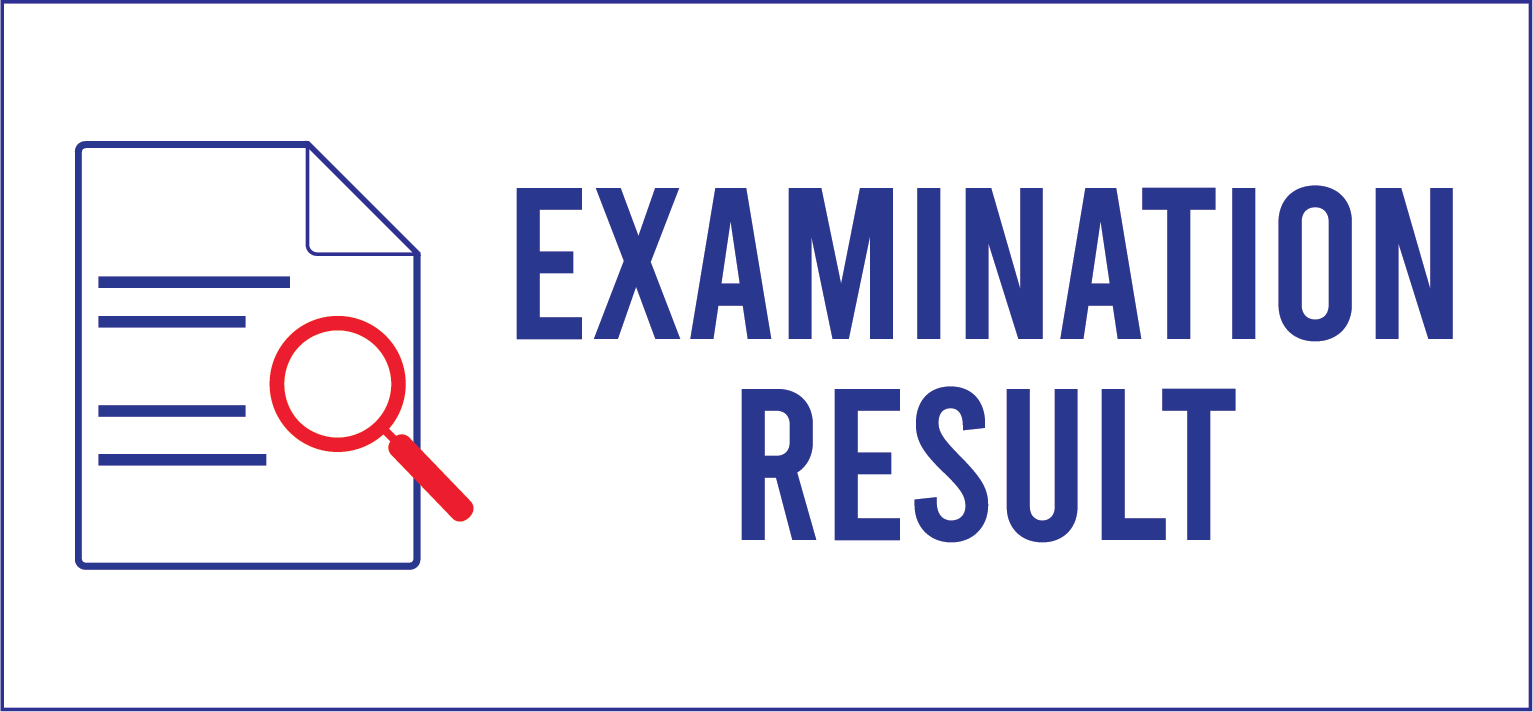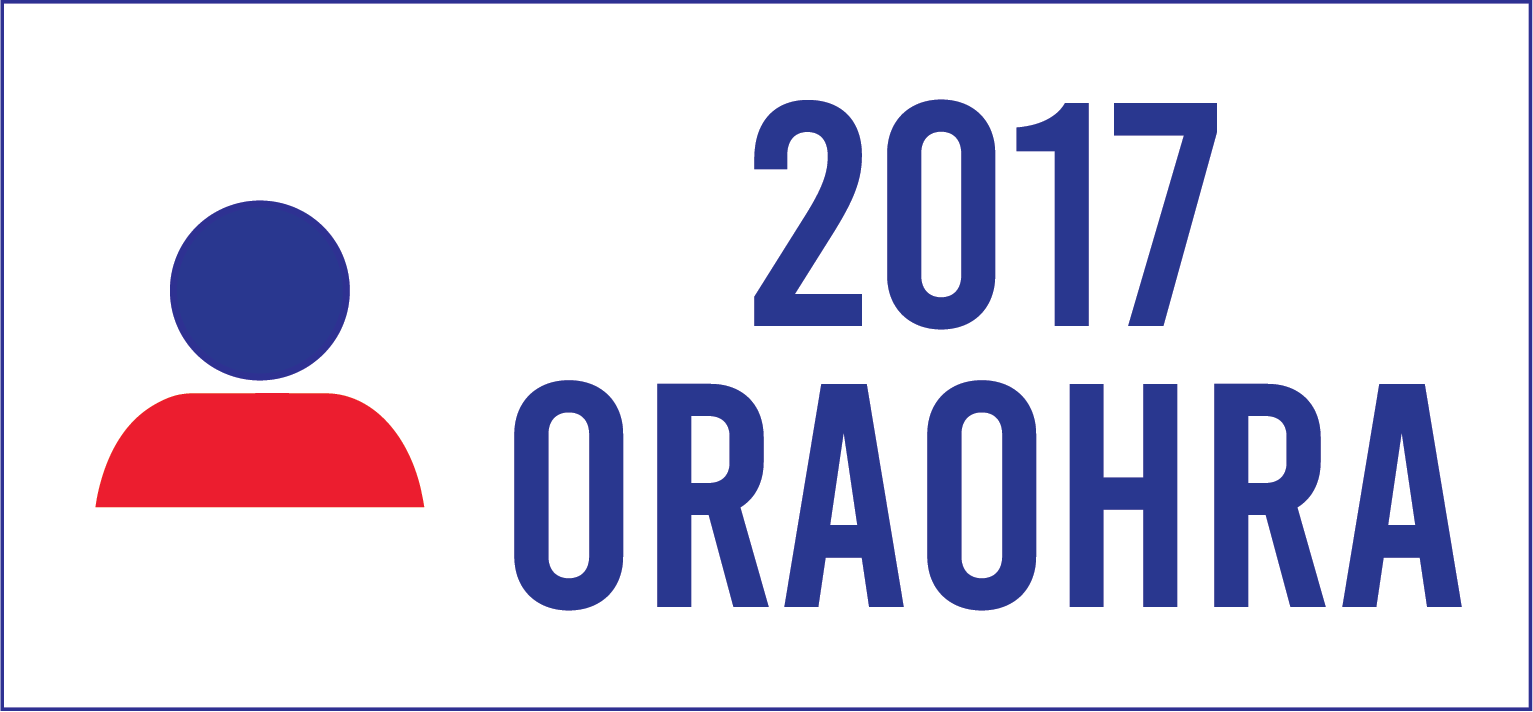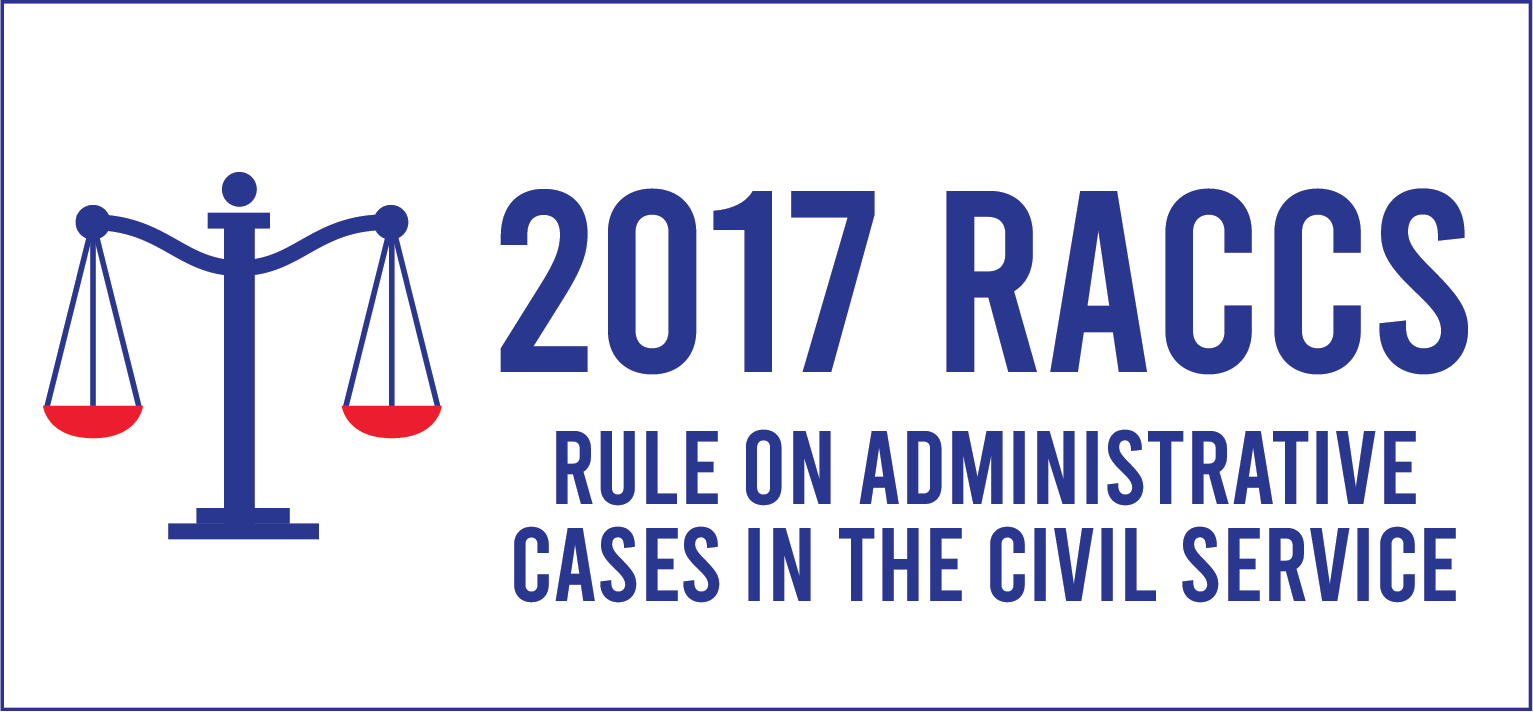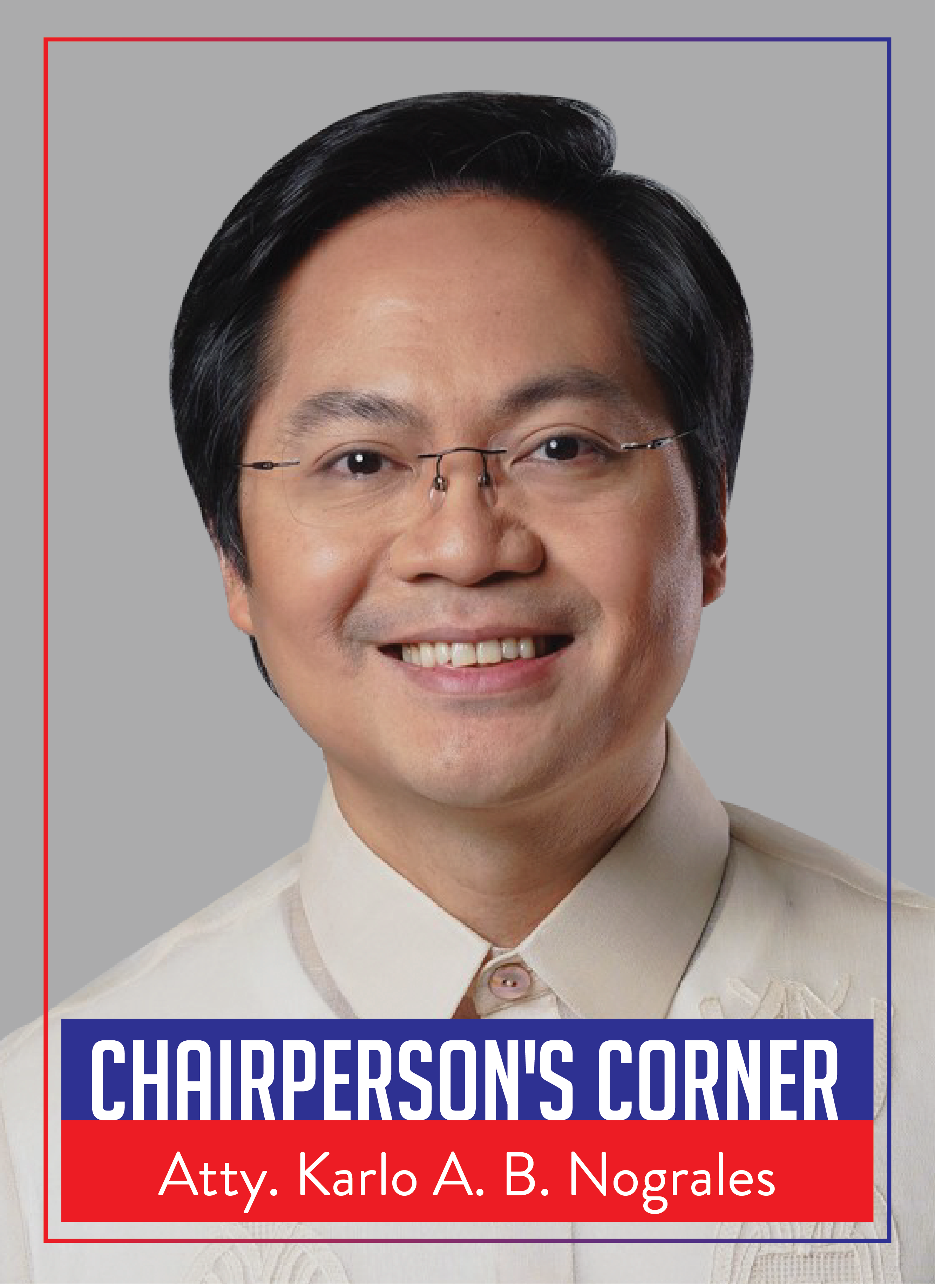The Civil Service Commission (CSC) said that the use of the Strategic Performance Management System (SPMS) allows an objective assessment of government employees’ performance.
“Having a performance management system in place is an integral component of human resources management, especially in government service where there is a necessity to ensure that employees perform according to or beyond the expectations of the taxpaying public,” said CSC Chairperson Alicia dela Rosa-Bala.
She explained that under the SPMS, every government employee has his/her own Individual Performance Commitment and Review (IPCR) Form, a performance contract between the employee and management where targeted outputs for the specific rating period are clearly spelled out, including the performance standards which serve as basis for evaluating each output.
Chairperson Bala added that while it is true that the SPMS requires proof of actual performance as basis for the employee’s performance rating, it is more than just documentation of accomplishments. “It is a system that aims to align what the individual employee does with the goals and objectives of the organization, making sure that everyone contributes to its overall success,” she clarified.
According to the CSC official, the system calls for regular monitoring and evaluation of employee performance, not only at the end of a rating period, so that appropriate steps can be taken to keep a program or project on track.
“Employee development is an important feature of the SPMS. Part of the employee’s evaluation is the assessment of his/her competencies vis-à-vis the competency requirements of the job. When a competency gap is found, this may be addressed through appropriate learning and development interventions which enable the employee to pursue career advancement,” the chairperson said.
She added that the results of the performance evaluation may also serve as objective basis for the grant of rewards and benefits, making it more purposive than arbitrary.
The CSC has required the adoption of the SPMS in all government agencies since 2012, with legal basis on Congress’ Joint Resolution No. 4, also known as Salary Standardization Law 3, which states, “A performance-based incentive scheme which integrates personnel and organizational performance shall be established to reward exemplary civil servants and well-performing institutions.”


